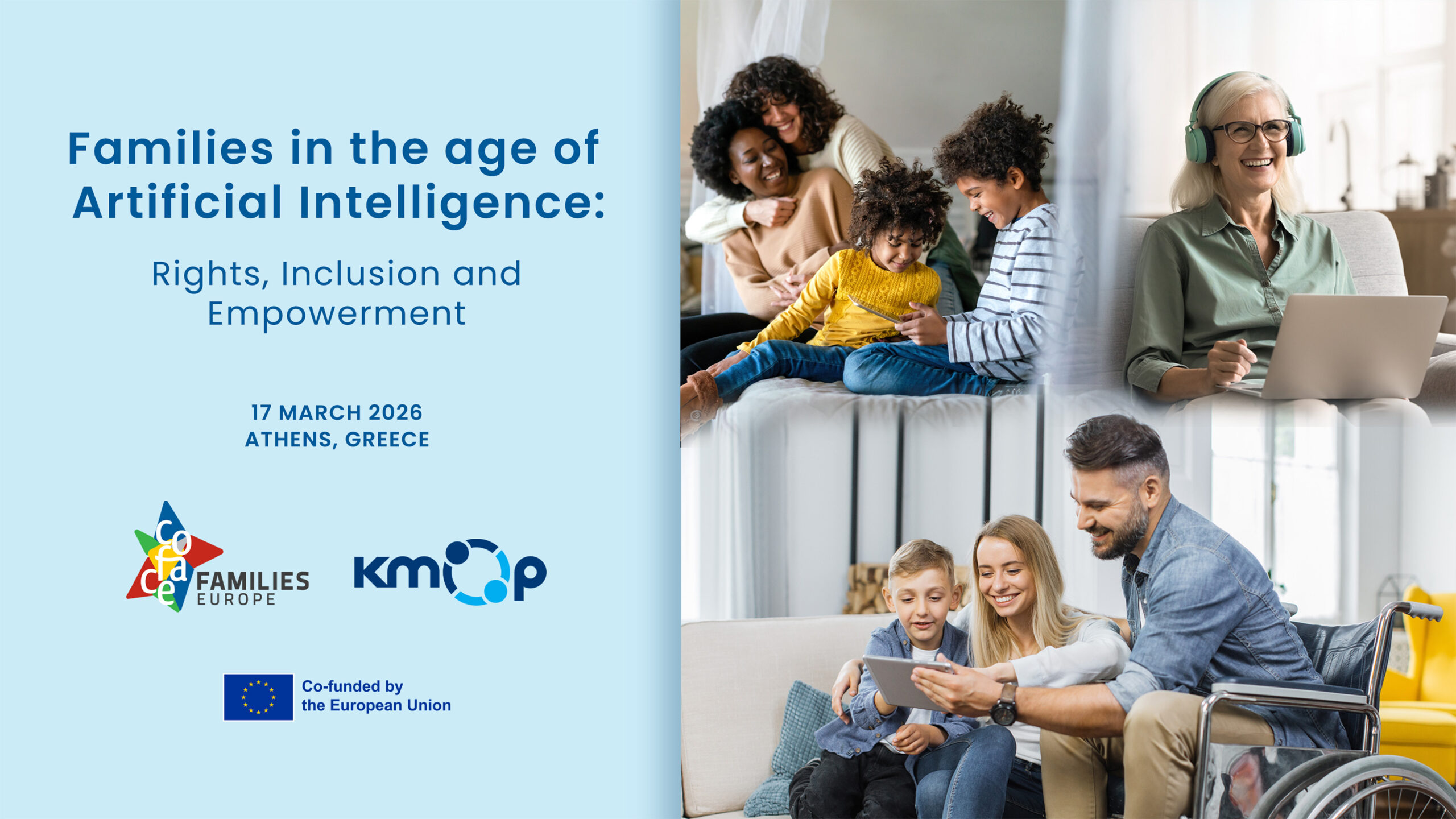Speaker
By Gregorio Gullón, Mediator and Family and Couple Therapist. Expert in Psychological Disorders in Children and Adolescents.
Working language
English
Description
Adolescence in children can be a time of crisis in the family. They get stuck in their life cycle, and it is important that we professionals can help them grow. At UNAF we know that there is a relationship between the behaviours presented by adolescents and the particular modes of communication and family relations. The mediation professional will try to help family members to modify these communication models in order to unblock their difficulties and achieve a relationship that allows them to grow as individuals and as a system. At present we are faced with new realities that generate situations of great vulnerability in the family, such as the reunification of minors with their migrant families after years of separation, adopted minors who, on reaching adolescence, present difficulties in their process of individuation and construction of identity, adolescents coming from difficult divorces, or trapped and triangulated in marital difficulties with their parents…which all require specific interventions. Moreover, we understand that new forms of intervention are necessary, where the training of the family members is the main resource on which we, the professionals of family intervention, can count on.
In this same line, mediation will allow parents to move away from inherited, rigid educational patterns that will not allow them to adapt to the needs and uniqueness of their children, providing a regulatory and validating environment. The SMFHA (Mediation Service for Families with Adolescent Children) will try to help parents to be containers of their children’s emotions, to generate validating environments, encouraging appropriate responses. In our presentation we will talk about the model of intervention carried out by SMFHA, which is a model of systemic mediation with the whole family group, understanding the behaviour of the adolescent as a symptom of difficulty in the family. Our work follows an epigenetic model, focusing on reconstructing a belonging, a healthy dependence of the adolescent on his significant figures in the family, which generates safe attachment models so necessary at this time in the life cycle of the adolescent and the family. We are backed by a history of 15 years and more than 700 families served.
______________________
More information about the other webinars in the Breakfast Byte series.



